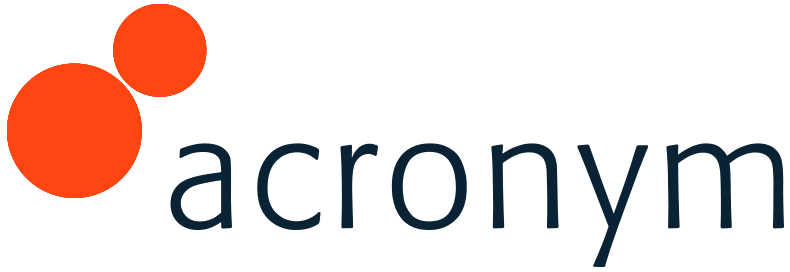 Overview
Overview
This week there were a number of reports, studies, and updates, including a report from SEMrush and an update to the Search Engine Land periodic table about the important ranking factors. Search Engine Land’s stated goal for their periodic table is “to help publishers focus on the fundamentals needed to achieve success with search engine optimization.” The release of these studies and updates generated a conversation around the team of SEO experts at Acronym and prompted us to consider how SEO is changing and discuss what is working and what is not working based on our experience. While we have not covered all the elements in both studies, we discussed some of the important topics.
On-Page Optimization
On-Page Optimization is still a widely used optimization tactic that many agencies perform to improve the positioning of keywords that rank in striking distance. Based upon our experience, we feel on-page optimization should be still done as a best practice. However, one of the newly released studies stated that on-page optimization is a low priority tactic and it is not as important as it used to be. Winston believes that if you do a search for some keywords, you will see that some sites that rank in the top positions don’t even have the keyword in the title tag.
Content Quality and Relevance is driven by Intent
Intent is a strong signal to Google about the quality and relevance of your content. If the end user did not find your content useful and it did not meet their intent, Google may not rank your content highly in the SERPs. Google has a wealth of end user data which enables them to know what users engage with and find useful. This helps the search engine understand user interests and preferences.
Your last query is another important signal that provides valuable context that Google uses to shape the results for what content they should show you. Winston provided the example that if you’re searching for Mars and your last query was about Venus, Google knows that you’re searching for information about Mars the planet and not the clothing company and would deliver relevant results about the planet. John added that Google has become adept at figuring these things out; factors such as relevance and search intent cannot be overstated.
Page Speed
While the SEO Team agrees that speed is important as stated in the Search Engine Land periodic table, it is a UX factor and not necessarily a ranking factor. If the user doesn’t get what they want in a satisfactory manner, it’s Google they blame – not the content creator. Certainly, if your loading time is too slow, then you will begin to slip down the rankings, but that is because of a lack of user engagement (that’s how important end user data is), not because another page loads faster. So, slow loaders may get you demoted, but fast loaders won’t necessarily get you promoted either.
Nate says that it’s no secret that the top performers in organic search tend to invest heavily in optimizing their sites for both SEO and UX. As a result, those who perform best in search due to their optimizations in all areas are also likely to have optimized their loading times. But there have yet to be conclusive studies showing direct links from improving page speed to increases in organic rankings. So, page speed’s appearance in this study is likely a matter of correlation to high rankings – not causation of said rankings.
John adds that in addition to fast loading times, webmasters must also seek to charm users with a great experience, and in turn, charm Google. For example, Sites like Wikipedia may or may not always provide this type of experience since the content is dense and the answer being sought may be hidden in a sea of jargon (sorry Wikipedia, we’re still friends). As a result, they aren’t always seen in position one.
Modern SEO may very well be known as Search Experience Optimization.
User Behavior Signals
End user data is also an important signal which SEMrush mentioned. Implicit user feedback greatly improves web search performance when incorporated directly with useful and relevant content, link-based features, and other factors. These metrics are used to find whether users are engaged with your content.
If 1,000 users visit your site and 80% of those users leave your site, that is a signal that tells Google they did not find the content useful and it was not a good user experience. If 1,000 visitors come to your site and your bounce rates are 20% and your average time on site is 8 minutes it shows that users are engaged with your content and they found it useful which is a positive signal.
Link Quality
Links have always been valued highly in Google’s algorithm. Jason believes that getting links from high quality and unique referring domains is still important. The more quality links that you have from high authority domains paired with high quality and useful content, you should have high search engine rankings.
Paul adds that based on what he has read and given the SEO Team’s experience, he agrees more with the public that completed the survey on the matter of link quantity. The quantity of links to a site or individual page may be higher than Search Engine Land is estimating:
“Ln: Number of links — Those surveyed gave an average weight of 1.9 to the idea that sheer number of links is an important ranking factor. We remain conservative on this, keeping it at +1.”
We have seen firsthand that simple link reclamation projects (301 redirecting 404’d old pages that have external links) to new destinations can have meaningful impact on rankings and traffic. Best of all, it’s something the client can control directly.
Conclusion:
SEO has changed over the years with machine learning and Google looking at additional factors like end user signals, high quality and relevant content that satisfies user intent. This change will make your content strategy imperative as machines get smarter, learn new patterns, and give better results. Brands that deliver a useful content experience at all stages of the user journey will win the war and take up valuable real estate in the Search Engine Result Pages.
Contributors:
John Albin
Winston Burton
Nathan Ford
Michael Gleyzerov
Jason Kang
Paul Krellwitz









